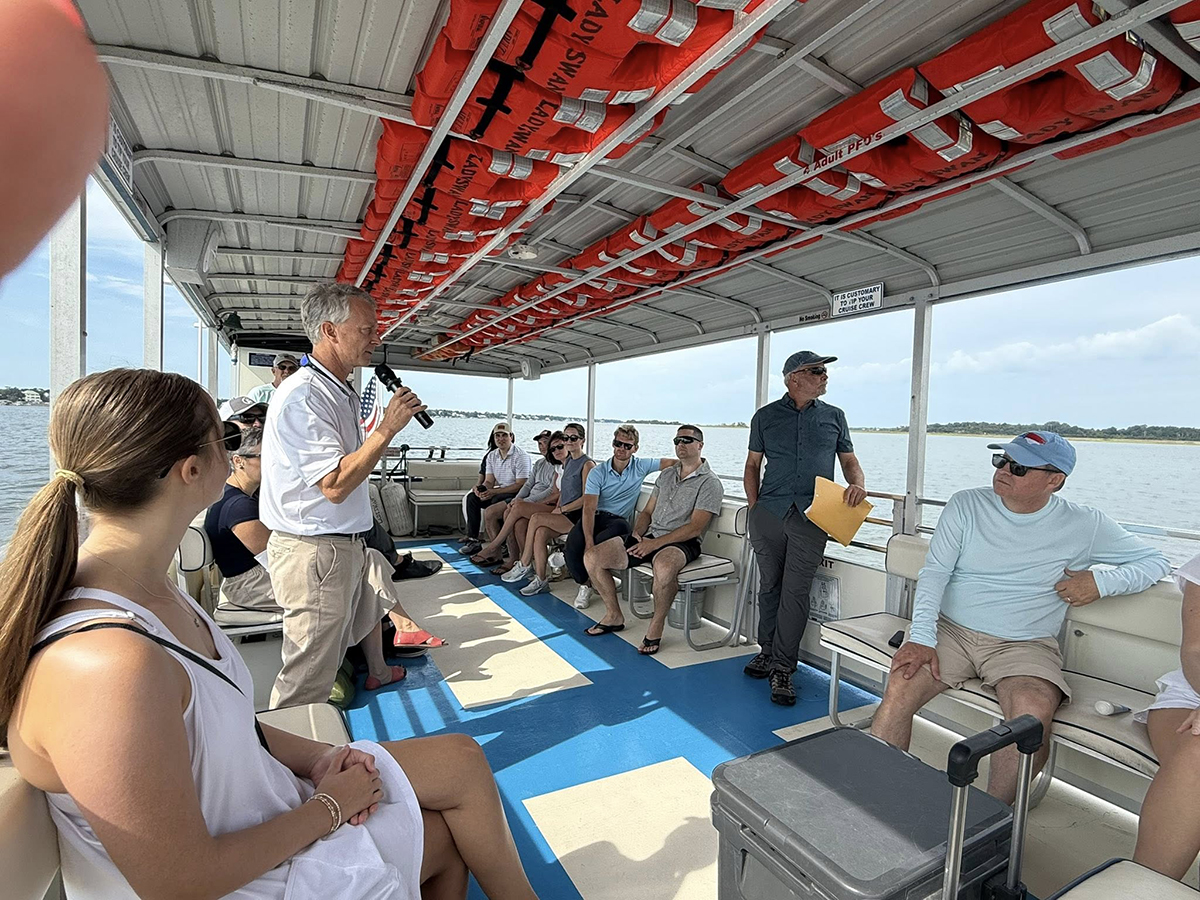
The public is invited to attend either in-person or online the state Secretaries’ Science Advisory Board meeting set for 10 a.m. Monday in the Archdale ground-floor hearing room in Raleigh.
During the meeting, the board is to give feedback on using existing recommendations on PFMOAA. The perfluoro-2-methoxyaacetic acid was recently the most prevalent emerging per- and polyfluoroalkyl substance, or PFAS, detected in the Cape Fear River, according to research from East Carolina University.
Supporter Spotlight
Also at the meeting, board members are to give comments to the Department of Environmental Quality on the environmental Protection Agency’s PFOA and PFOS bioaccumulation factors included in the draft aquatic life criteria, and their potential use for North Carolina.
PFOA and PFOS are in the PFAS chemical group. The EPA bases aquatic life criteria on how much of a chemical can be present in surface water before it is likely to harm plant and animal life, according to the EPA website.
During the afternoon portion of the meeting, Frannie Nilsen, DEQ environmental toxicologist, is to give two presentations: information on the water and fish summer collection effort’s status, recent data analysis and next steps, and on the consent order toxicity studies status.
The consent order signed in February 2019 is between DEQ, Cape Fear River Watch and Chemours, requiring the company to address PFAS sources and contamination at its Fayetteville Works facility to prevent further impacts to air, soil, groundwater and surface waters. The order directed the toxicity studies on human health and aquatic life, according to DEQ.
To listen via WebEx, the public can use the link to join. The meeting number is 2434 831 9441 and the password is vcYF4NDJP26. The public may also listen by phone by calling 1-415-655-0003 and use access code 2434 831 9441.
Supporter Spotlight
There will be an in-person public comment period with opportunity to sign up upon arrival at the meeting.
The Secretaries’ Science Advisory Board is made up of 13 experts in toxicology, public health, ecology, engineering, and other related fields who provide guidance to the state departments of Environmental Quality and Health and Human Services. These experts recommend, review and evaluation contaminants, act as consultants on DEQ’s determinations to regulate contaminants, and help agencies identify contaminants of concern and determine which contaminants should be studied further, according to the state.







